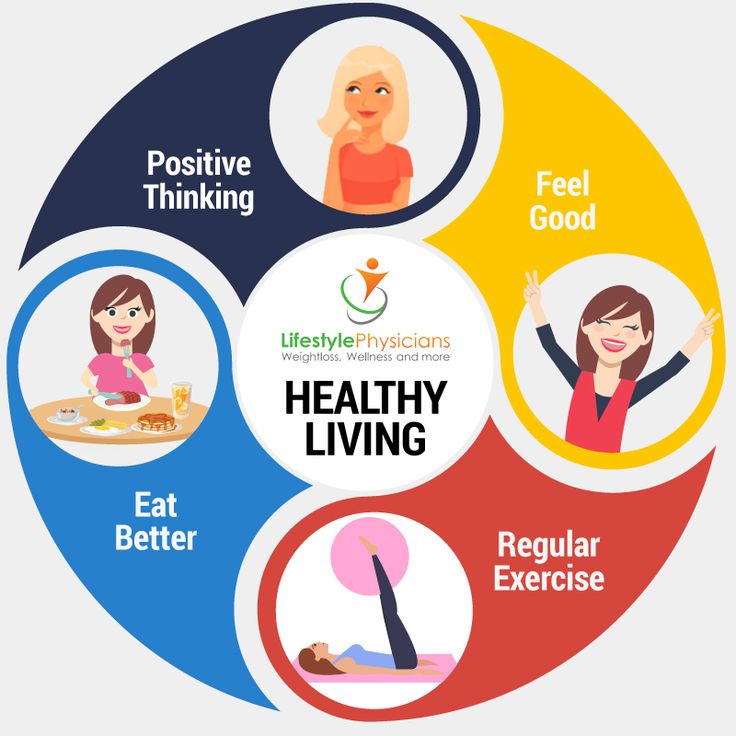Introduction:
In the intricate tapestry of health and well-being, lifestyle factors play a pivotal role, weaving together habits, behaviors, and choices that can profoundly impact our physical, mental, and emotional health. From dietary habits and physical activity levels to stress management techniques and social connections, the lifestyle choices we make on a daily basis have far-reaching implications for our overall wellness. In this article, we’ll explore the multifaceted ways in which lifestyle factors influence health, shedding light on the interconnectedness of our habits and behaviors with our quality of life.
1. Nutrition and Dietary Habits:
Dietary habits are among the most influential lifestyle factors when it comes to health and well-being. The foods we consume provide the essential nutrients our bodies need to function optimally, impacting everything from energy levels and metabolism to immune function and disease risk. A diet rich in fruits, vegetables, whole grains, lean proteins, and healthy fats can help prevent chronic diseases such as heart disease, diabetes, and certain cancers, while excessive consumption of processed foods, sugary snacks, and unhealthy fats can increase the risk of obesity, inflammation, and other health problems.
2. Physical Activity and Exercise:
Regular physical activity is essential for maintaining a healthy weight, supporting cardiovascular health, and enhancing overall well-being. Exercise not only strengthens muscles and bones but also improves mood, cognitive function, and stress resilience. Sedentary lifestyles, on the other hand, are associated with increased risk of obesity, heart disease, diabetes, and other chronic conditions. By incorporating regular exercise into our daily routines, we can improve our physical fitness, boost our mood, and reduce our risk of developing chronic diseases.
3. Stress Management and Coping Strategies:
Chronic stress can have profound effects on both physical and mental health, contributing to a wide range of health problems, including cardiovascular disease, digestive disorders, immune dysfunction, anxiety, and depression. Effective stress management techniques, such as mindfulness meditation, deep breathing exercises, yoga, and progressive muscle relaxation, can help reduce stress levels and promote relaxation and well-being. Cultivating healthy coping strategies, such as seeking social support, practicing self-care, and maintaining a positive outlook, can also enhance resilience and improve overall health outcomes.
4. Sleep Quality and Patterns:
Quality sleep is essential for physical and mental health, playing a critical role in processes such as memory consolidation, immune function, and hormone regulation. Chronic sleep deprivation, on the other hand, is associated with increased risk of obesity, diabetes, cardiovascular disease, and mental health disorders. Prioritizing good sleep hygiene practices, such as maintaining a regular sleep schedule, creating a relaxing bedtime routine, and optimizing the sleep environment, can help improve sleep quality and promote overall well-being.
5. Social Connections and Support Systems:
Human beings are social creatures by nature, and meaningful social connections are essential for mental and emotional well-being. Strong social support networks have been linked to reduced stress levels, improved mood, and better overall health outcomes. Conversely, social isolation and loneliness can increase the risk of depression, anxiety, cognitive decline, and mortality. Cultivating and nurturing positive relationships with friends, family, and community members can provide a sense of belonging, purpose, and support that contributes to overall health and well-being.
Conclusion:
In conclusion, lifestyle factors have a profound impact on health and well-being, shaping our physical, mental, and emotional states in profound ways. From nutrition and physical activity to stress management, sleep quality, and social connections, the choices we make on a daily basis play a critical role in determining our overall health outcomes. By prioritizing healthy lifestyle habits and behaviors, we can optimize our well-being, reduce the risk of chronic diseases, and enhance our quality of life. Remember that small, consistent changes can lead to significant results over time, so start incorporating healthy lifestyle choices into your daily routine today and reap the benefits of a happier, healthier life.

